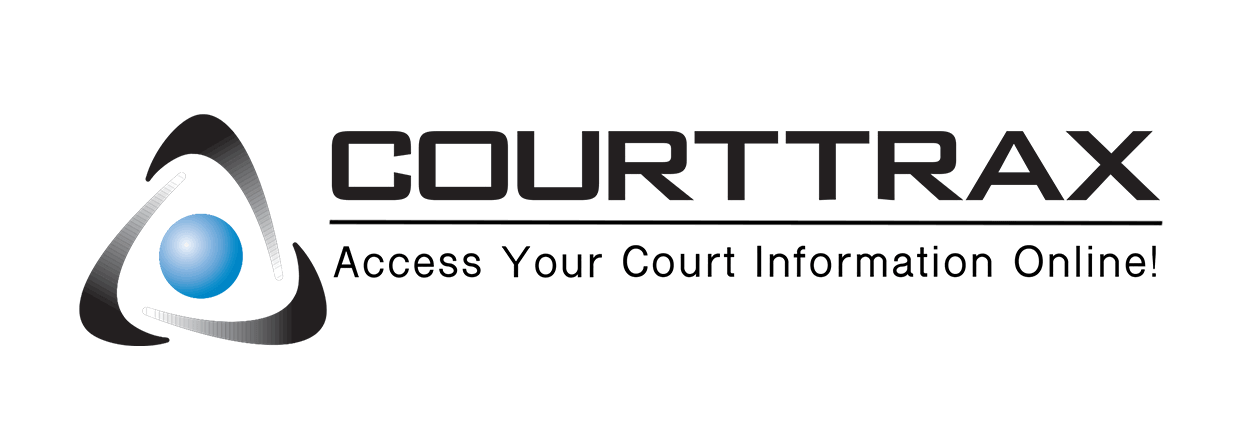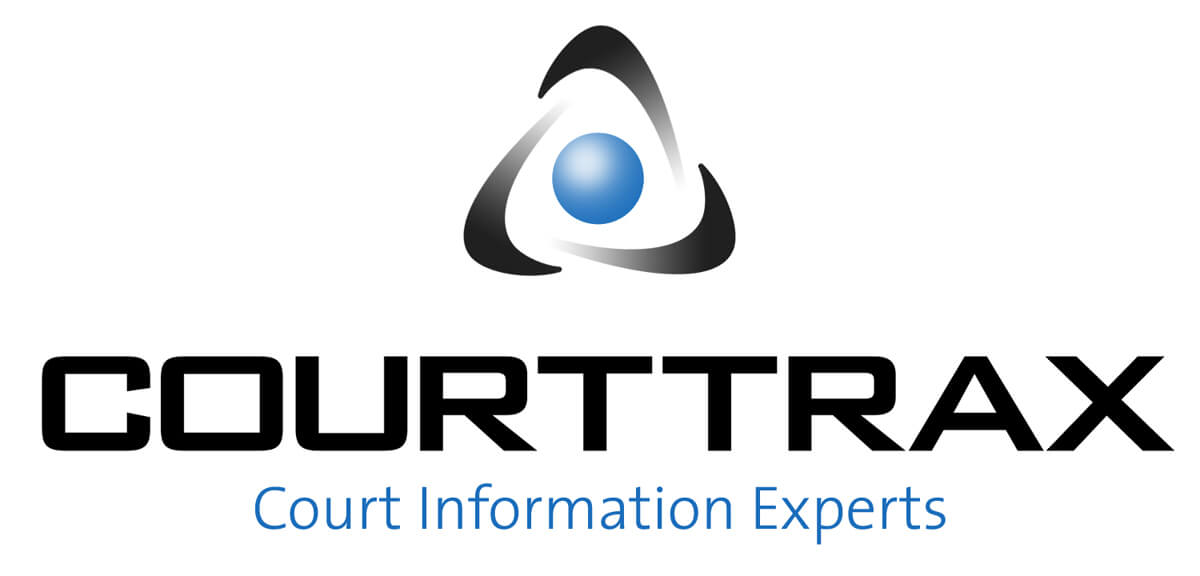Technological Disruption and Adaptations in the Legal Industry
Breakdown of the Initial Issues Facing the Legal Industry in the Pacific Northwest
The legal industry is experiencing a transformative shift, driven by rapid technological advancements. Innovations like artificial intelligence (AI), machine learning, blockchain, and cloud computing are reshaping legal services. These tools offer new opportunities for law firms to enhance efficiency, improve client service, and stay competitive in a dynamic market. However, this technological disruption also brings significant challenges. Firms must quickly adapt to evolving tools and systems, often requiring substantial investment, cultural change, and a rethinking of traditional workflows. Successfully navigating this landscape requires a proactive approach. Legal professionals must be equipped with the latest tools and empowered to embrace change, maximizing the potential of emerging technologies.
Challenges Facing the Legal Industry
Rapid Pace of Technological Advancements

- Constantly Evolving Tools: The legal industry is experiencing rapid technological growth, including AI, machine learning, blockchain, and cloud computing. These advancements provide significant benefits but require continuous updates. Firms must adapt to the latest trends, which can complicate decisions on which technologies to adopt and how to integrate them into existing workflows.
- Implementation Hurdles: Integrating new technology into a firm’s operations is often challenging. Legacy systems may not be compatible with new software, necessitating costly upgrades or complete overhauls. The transition process can disrupt daily operations, leading to potential delays and productivity losses.
High Costs and Investment
- Upfront and Ongoing Costs: Implementing new technology can be costly, especially for small to mid-sized firms. Firms must consider the cost of purchasing, training staff, maintaining the technology, and upgrading systems as needed.
- Return on Investment (ROI) Uncertainty: While new technology can improve efficiency and client service, ROI is not always immediately apparent. Firms may hesitate to invest without clear evidence of measurable benefits in terms of time saved, accuracy, or client satisfaction.
Resistance to Change
- Cultural Barriers: Many legal professionals are accustomed to traditional ways of working and may resist adopting new technologies. This resistance often stems from fear of the unknown, lack of understanding of the technology’s benefits, or concern that automation could reduce the need for human expertise.
- Training and Skill Gaps: Even with willingness to adopt new technology, skill gaps among staff can be significant. Effective use of advanced legal technology requires training, which can be time-consuming and costly. Ensuring that all team members are proficient in using new tools is critical to maximizing their benefits.
Complexity of Technology Integration
- Interoperability Issues: Legal firms often use a variety of tools for case management, document drafting, billing, and communication. Integrating new technologies with existing systems can be complex, particularly when dealing with different vendors or platforms that may not be fully compatible.
- Data Migration Challenges: Moving data from legacy systems to new platforms can be daunting. There’s a risk of data loss, corruption, or breaches during migration, especially if not handled with care and expertise (SmartIndustry).
Client and Regulatory Expectations
- Data Privacy and Security Concerns: As legal firms adopt new technologies, they must navigate data privacy and security challenges. Clients expect sensitive information to be handled securely. Legal regulations around data protection are becoming increasingly stringent. Failing to implement proper safeguards when using new technology can lead to breaches and significant legal and reputational risks.
- Client Adoption and Understanding: Clients may not be familiar with or comfortable using the new technologies that firms implement. This can create friction in the attorney-client relationship and may require additional client education and support.
Strategies for Empowering Staff to Adapt to Technological Disruption
Continuous Education and Training
- Regular Workshops and Training Sessions: Offer ongoing education opportunities for paralegals, legal researchers, and associates to stay updated on the latest technological tools. Hands-on workshops help staff develop practical skills and confidence in using new systems.
- Certification Programs: Encourage staff to pursue certifications in legal technology, which can enhance their expertise and demonstrate their competence in using advanced tools.
Creating a Tech-Savvy Culture
- Leadership Buy-In: Firm leadership should champion the adoption of new technology, demonstrating its value and importance to the entire team. When leaders are committed to technological advancement, it sets the tone for the rest of the firm.
- Promoting Innovation: Encourage a culture of innovation where staff are empowered to explore new tools and suggest improvements to existing processes. Recognizing and rewarding staff who successfully implement new technology can foster a positive attitude towards change.
Providing the Right Tools and Resources
- Access to Cutting-Edge Technology: Ensure that paralegals, legal researchers, and associates have access to the most effective and up-to-date tools for their work. This includes legal research databases, AI-driven document review tools, and collaborative platforms that streamline workflow.
- Support Systems: Establish a robust IT support system that can assist staff with troubleshooting and navigating new technology. A dedicated team or helpdesk can reduce downtime and ensure that issues are resolved quickly.
Streamlining Technology Integration
- Phased Implementation: Introduce new technology gradually, allowing staff to adapt at a manageable pace. A phased approach can reduce the disruption to daily operations and provide time for addressing any challenges that arise.
- Pilot Programs: Before rolling out new technology firm-wide, conduct pilot programs with smaller teams to test the technology’s effectiveness and identify potential issues. This allows for adjustments before broader implementation.
Enhancing Communication and Collaboration
- Unified Platforms: Adopt integrated platforms that allow for seamless communication and collaboration across teams. This can help ensure that everyone is on the same page and that workflows are more efficient.
- Regular Feedback Loops: Establish regular feedback mechanisms where staff can voice their concerns and suggestions regarding new technology. This feedback can be invaluable for making improvements and ensuring that the technology meets the needs of all users (Forbes).
Navigating Technological Disruption for Enhanced Organizational Efficiency in the Pacific Northwest
The legal industry’s embrace of technological disruption presents both formidable challenges and unparalleled opportunities. Law firms must confront the rapid pace of technological advancements, the high costs and uncertainties of investment, and the resistance to change within their teams. Additionally, the complexity of integrating new systems and the heightened expectations for data privacy and security further complicate the adoption process. Despite these obstacles, firms that strategically empower their staff can turn these challenges into advantages.
By committing to continuous education and training, firms can ensure that their paralegals, legal researchers, and associates stay proficient in the latest tools, fostering a tech-savvy culture that embraces innovation. Providing the right tools and resources, supported by robust IT systems, ensures that staff can operate at peak efficiency. Phased technology integration and pilot programs can minimize disruptions, while unified platforms and regular feedback loops enhance communication and collaboration across teams.
The desired outcome of these efforts is a legal practice that operates with greater efficiency, precision, and adaptability. By successfully navigating technological disruption, law firms can not only meet the evolving demands of the market but also position themselves as leaders in the industry, offering superior service to their clients while empowering their teams to thrive in a rapidly changing environment.




